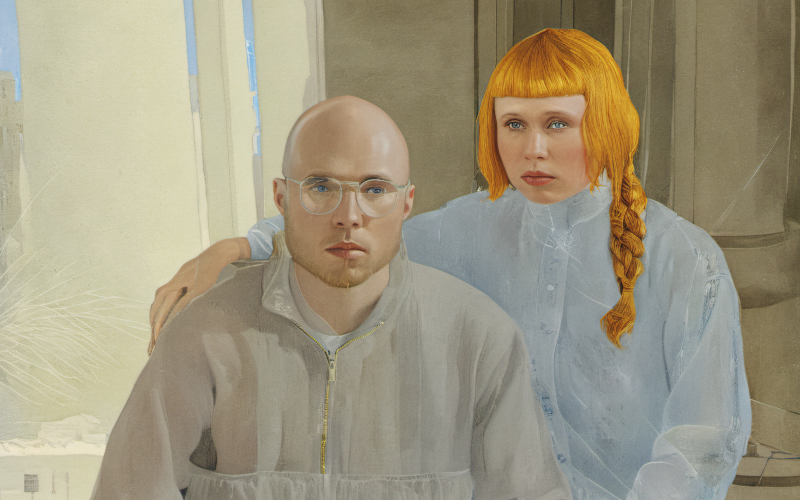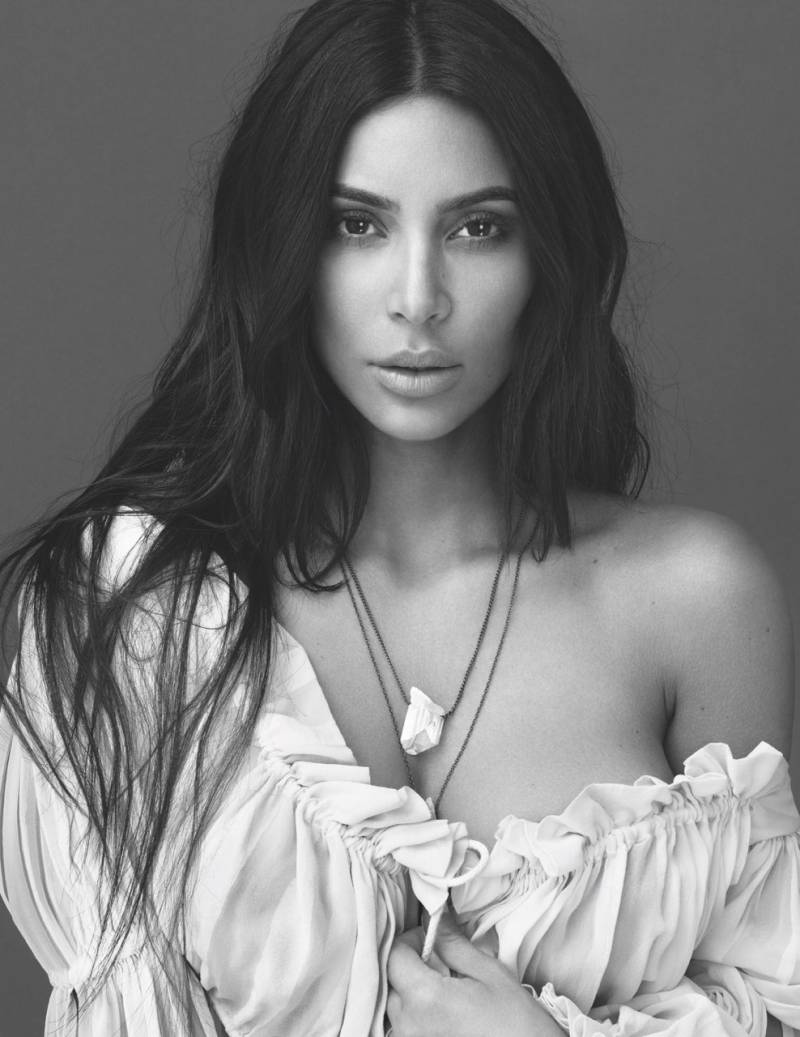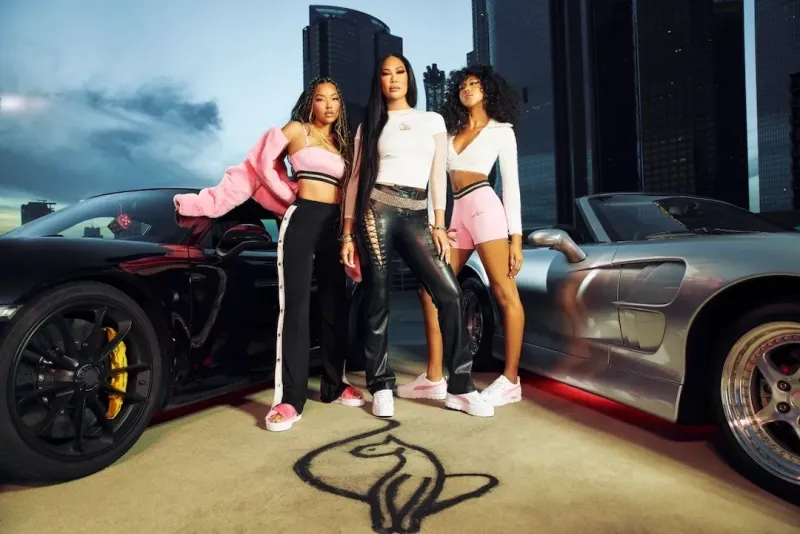A Manhattan jury found Ed Sheeran’s hit “Thinking Out Loud” did not infringe on the copyright of the classic Marvin Gaye song “Let’s Get It On.” The jury determined that Sheeran did not wrongfully copy compositional elements or melodies from “Let’s Get It On.” The jury found that Sheeran independently created his song. Sheeran later said he is “obviously very happy with the outcome of the case,” adding “it looks like I’m not having to retire from my day job after all.” “But at the same time I’m unbelievably frustrated that baseless claims like this are allowed to go to court at all,” he said.
Sheeran said eight years were spent talking about two songs with “dramatically” different lyrics melodies “and four chords which are also different and used by songwriters everyday all over the world.” Sheeran also delved into the emotional toll of the trial for him, noting that it required him to miss being with his family for his grandmother’s funeral in Ireland. “I will never get that time back,” he said. The trial concerned Sheeran’s song “Thinking Out Loud,” which won the 2016 Grammy award for song of the year. The family of Ed Townsend, who co-wrote “Let’s Get It On” with Gaye, had accused Sheeran of copying the 1973 hit.
The plaintiffs had alleged similarities between the chord progression, harmonic rhythm, and certain melodies in the two songs. Sheeran’s legal team had argued that the melodies are different and the elements used in both songs are common in pop music. The case was closely watched for its potential to further complicate the legal landscape for songwriters, after a number of high-profile music copyright lawsuits in recent years.
A solo performance, and claims of a smoking gun
During the trial, Sheeran performed the opening line of “Thinking Out Loud” for the jury in an attempt to rebut the testimony of the plaintiff’s expert witness. Sheeran also said he found the allegations in the case “really insulting.” Sheeran testified that he and co-writer Amy Wadge wrote “Thinking Out Loud” in less than a day in February 2014 when Wadge was staying at his house in the UK.
Sheeran said he and Wadge both had relatives who were ill or had recently died, and thinking about their long marriages served as inspiration for the song. Ben Crump, a lawyer representing the family of the co-writer for Gaye’s 1973 hit “Let’s Get It On,” said in his opening statement that Sheeran played his ballad and Gaye’s song back-to-back in a medley during a concert, and called the moment a “smoking gun.”
During his testimony, Sheeran said the idea of creating the medley was “probably mine.” He said if he had, indeed, copied “Let’s Get It On,” then he “would’ve been an idiot to stand on stage in front of 20,000 people.”
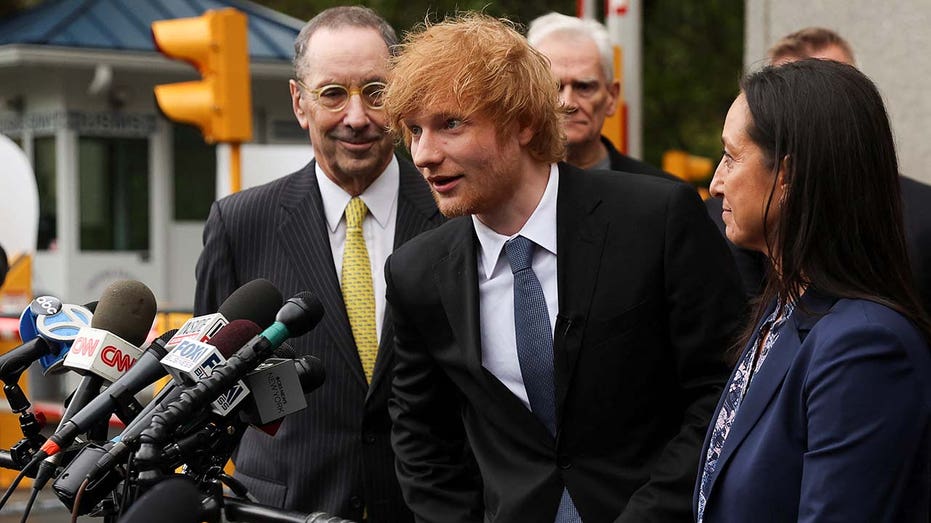
A wave of lawsuits
Music copyright lawsuits have become increasingly common in the music industry over the past few years. Gaye’s family has previously sued other artists for copyright infringement—and won. The estate successfully sued singer Robin Thicke and producer Pharrell Williams for $7.4 million in 2015 for borrowing from Gaye’s “Got to Give It Up” for their hit “Blurred Lines,” though the case turned into a five-year legal battle that ultimately saw the judgment reduced to $5.3 million. The ruling also awarded Gaye’s family 50% percent of the royalties from “Blurred Lines” moving forward.
But other, recent copyright cases have had different outcomes. Taylor Swift faced a similar case in 2017 over her smash hit “Shake It Off,” which was settled and dismissed last year. Led Zeppelin was sued in 2014 over its iconic tune “Stairway to Heaven” by the estate of late Randy California, former lead guitarist of the 1960s band Spirit, for lifting part of their single “Taurus.” A 2020 appeals court ruled in Led Zeppelin’s favor.
Sheeran, meanwhile, has faced previous legal battles over his music and won. In a 2022 case over his song “Shape of You,” a judge ruled in Sheeran’s favor that he did not copy grime artist Sami Switch’s song “Oh Why” after the musician accused Sheeran of plagiarizing a key part. He was also sued in 2016 over his single “Photograph,” which was settled out of court.
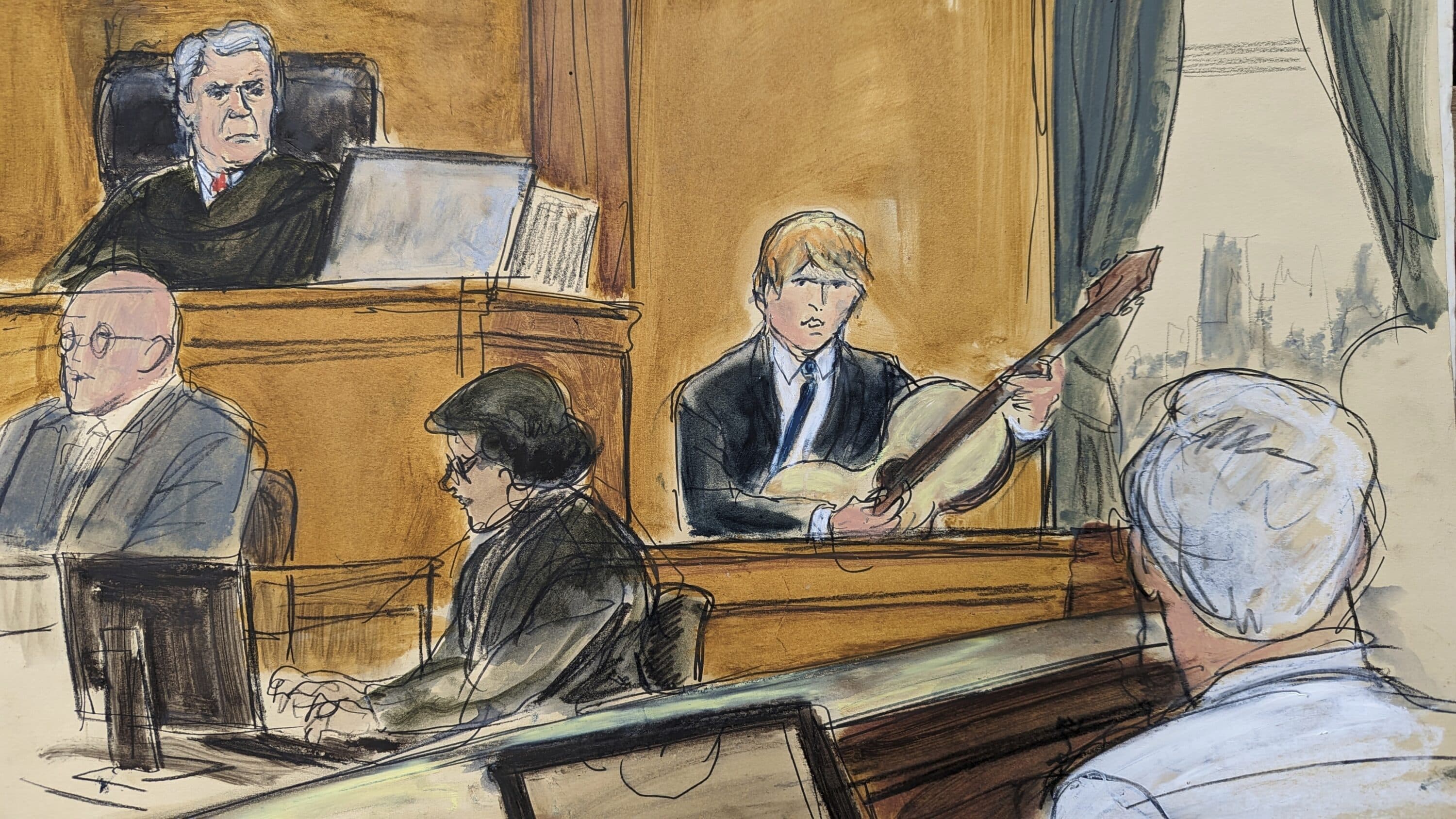
After his successful 2022 legal battle, Sheeran posted a video to his Instagram voicing his concern over the recent wave of music copyright cases, calling it “really damaging to the songwriting industry.” On Thursday, Sheeran and Kathryn Townsend Griffin, a plaintiff in the case, hugged and spoke at length after the jury returned the verdict. “I’m glad that we could hug this thing out,” Griffin said after court. She added that Sheeran had invited her to one of his upcoming shows.
